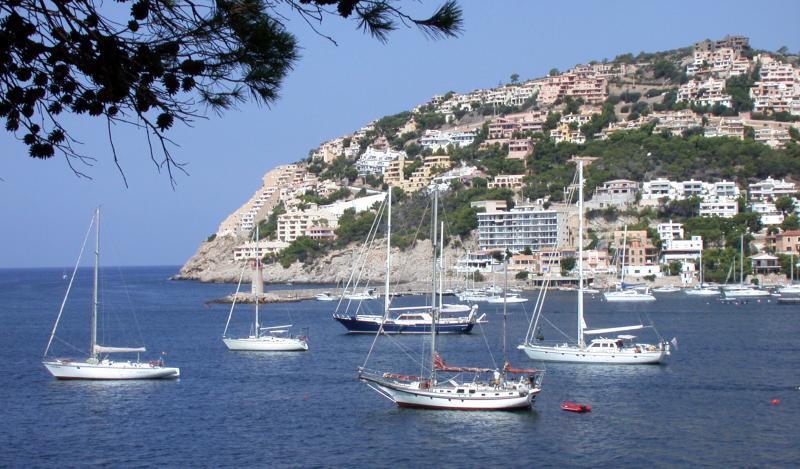These permits are known as ‘golden visas’ and, according to the newspaper El País, the government is considering either raising the minimum investment to one million required to obtain the ‘golden visa’ or directly abolishing it, which is precisely what Más País demanded in a bill presented last February.
According to Íñigo Errejón’s party, the ‘golden visas’ encourage “speculation” in housing prices in Spain, do not benefit the national economy and “expel the local population”, generating a “very negative” chain effect on the housing market.
The proposal presented by Más País points out that these permits, introduced under Mariano Rajoy’s government in 2013 with the law to support entrepreneurs and their internationalisation, have facilitated residence in Spain for 100,000 wealthy foreigners who invest in the acquisition of real estate worth 500,000 euros or more.
Golden visas have also been questioned by the European Union, as they are granted without checking the origin of the capital invested.
Más País, which is negotiating with the government what to do with these visas, has proposed a legislative reform to guarantee that these foreign investments in housing are made “guaranteeing their effects on the real economy and without distorting the real estate market in Spain”.
In exchange for the current law, Más País wants non-resident foreigners who intend to enter Spanish territory in order to make a significant capital investment to be able to apply for a stay visa or, where applicable, a residence visa for investors.
The party proposes a new wording of what would be understood as “significant capital investment”: that which is made for a value equal to or greater than two million euros in public debt securities; for a value of one million euros in shares or participations in Spanish companies, or bank deposits in financial institutions in the country.
Más País’s initiative would be similar to that undertaken by the Portuguese government, where it put an end to these visas as part of a shock plan to “combat property speculation”.
In a recent parliamentary response from the government to Íñigo Errejón, the government put the number of investor visas or ‘golden visas’ issued between 2013 and 2022 at 4,940, including in this amount not only those granted for investing in real estate, but also for investments in capital and business projects.
The government has stated that 45% of these visas were issued to Chinese citizens, a total of 2,263.
Investors from Russia accounted for 19.6%, with 969 visas. The government also highlighted the visas issued to Ukrainian nationals, who obtained 2.7 per cent of the permits, with a total of 136.


1 comment
To be able to write a comment, you have to be registered and logged in
Hmmm. This isn't a great place to be engaging in "speculative" real estate flipping. Unless you own it for 10 years, and officially live in the property as a legal resident for the past 3 years, you'll get slammed with capital gains tax. And 5% more for non-EU nonresidents. The buying spree is primarily EU citizens who've made some good money (either in business or by selling property they owned/inherited ...or both), and are setting up for retirement by investing it in a property in Mallorca. As long as they reinvest it in the EU, they don't get hit with capital gains or "speculation tax" (e.g., Germany). Buying solely on speculation in Spain simply isn't very wise, no matter what nationality you are. Any halfway knowledgeable investment advisor will tell you that.